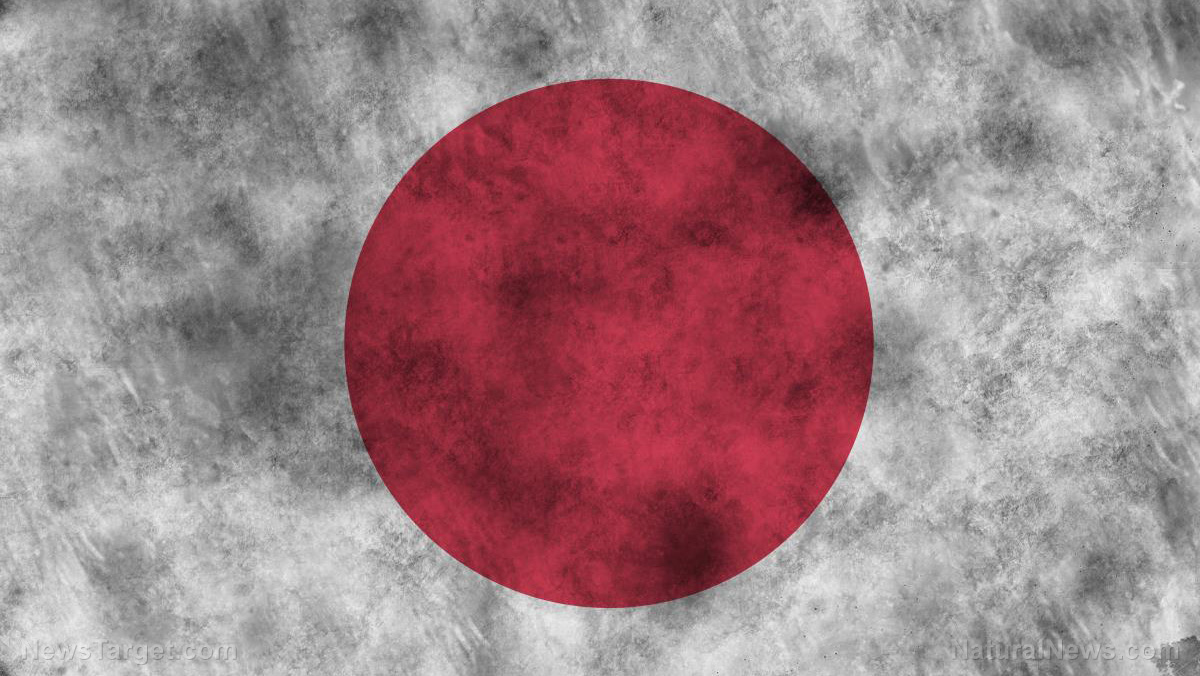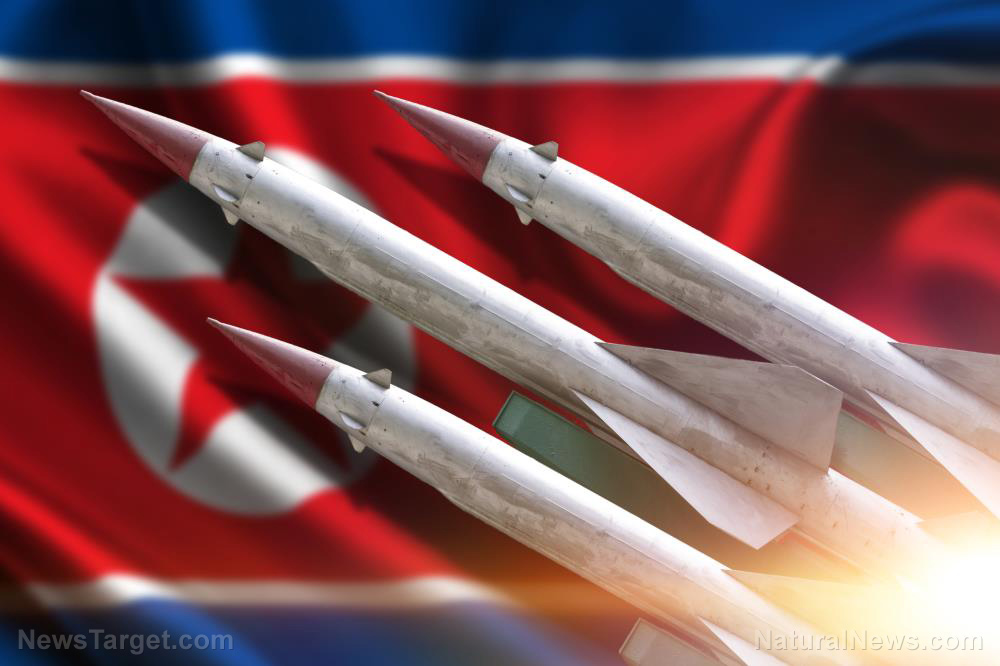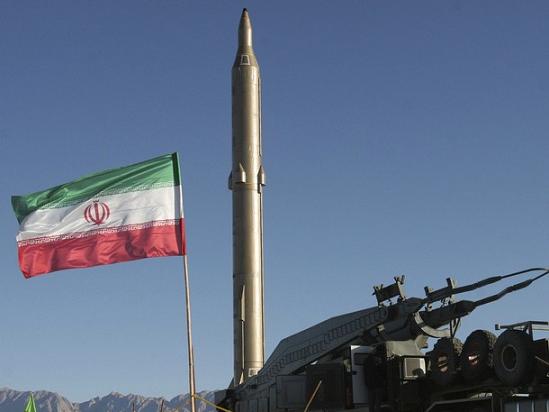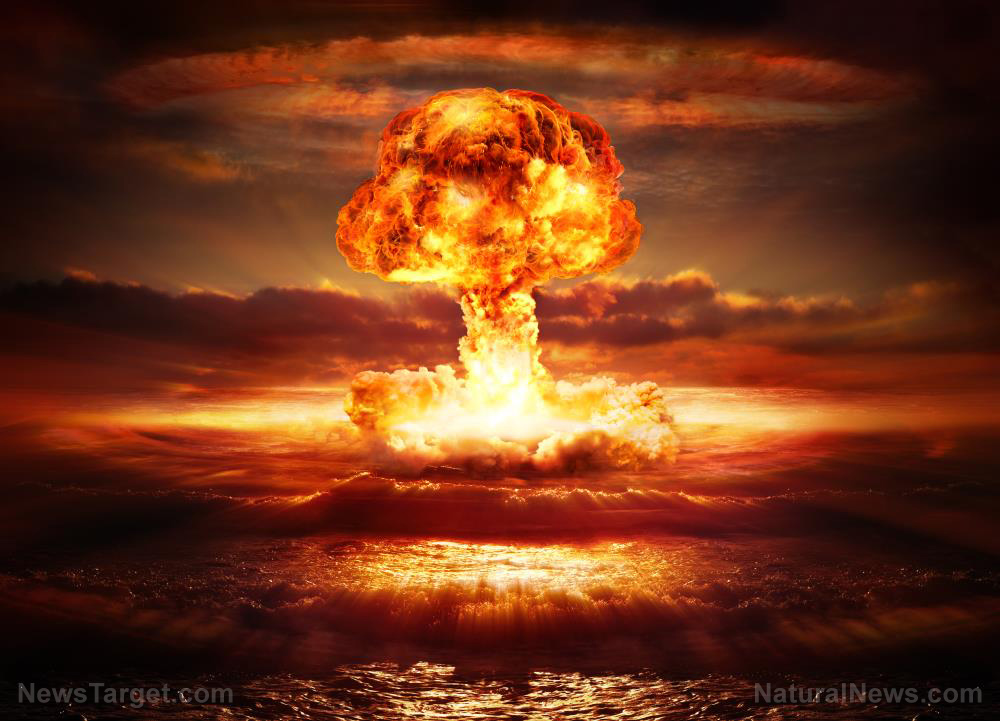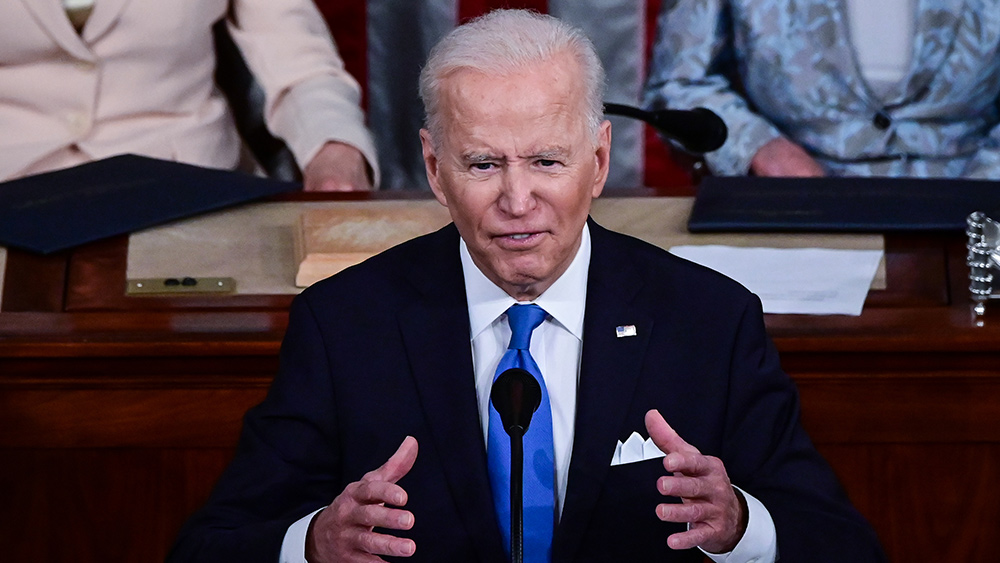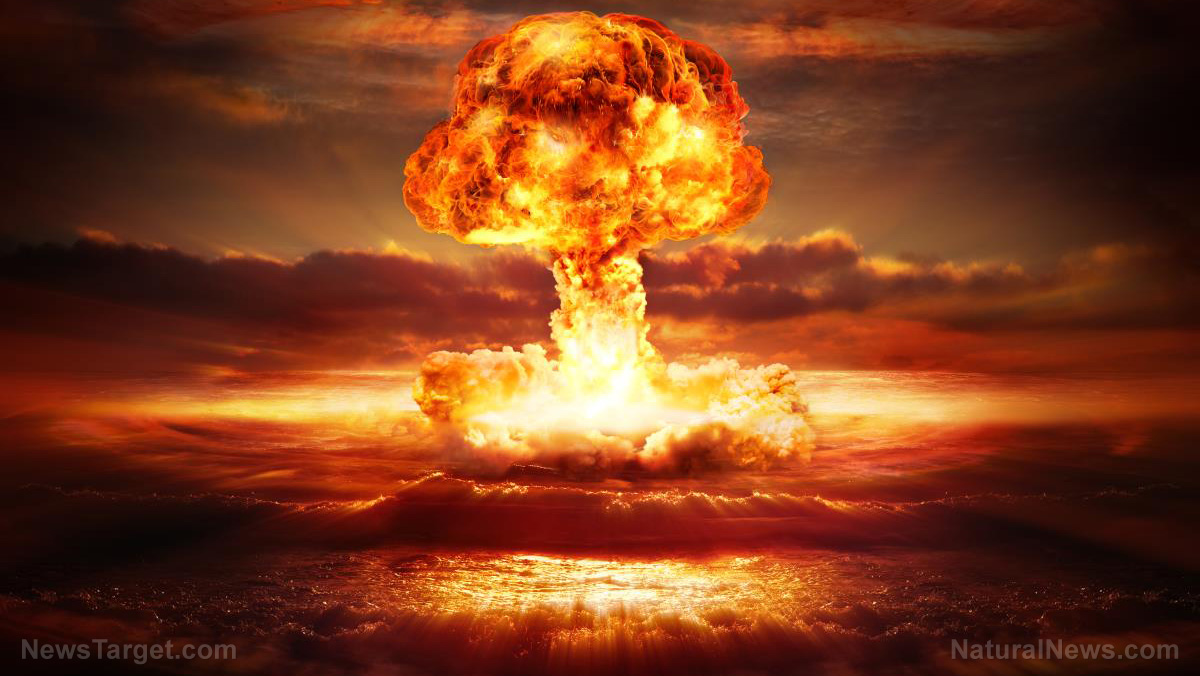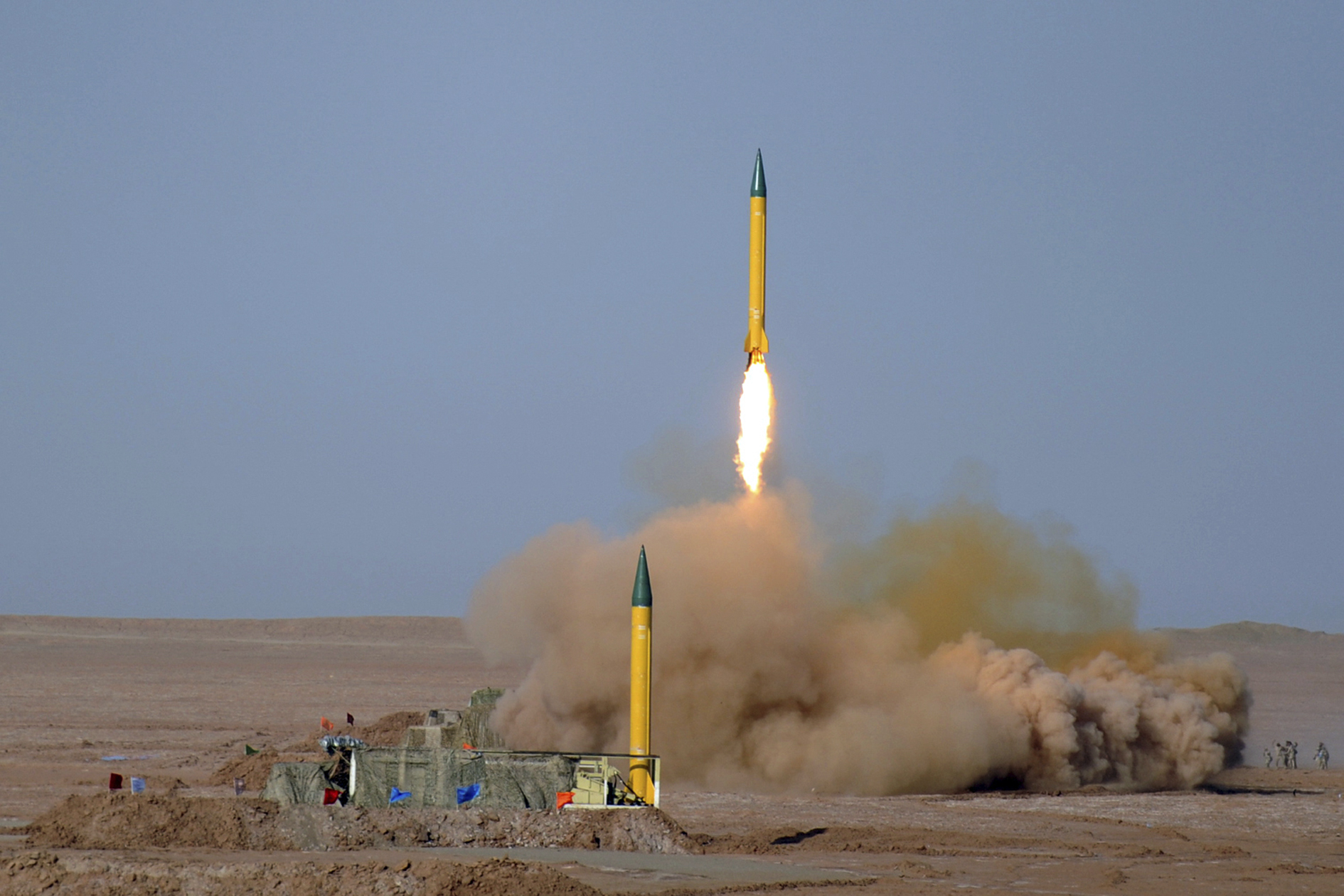Russian leader threatens revenge against the West after latest round of economic sanctions
02/28/2024 / By Cassie B.

Former Russian President Dmitri Medvedev has threatened to exact revenge on President Joe Biden and the U.S. following a new set of harsh sanctions against Russia as it continues its war against Ukraine.
Last week, Biden announced new sanctions targeting parties linked to the imprisonment of opposition leader Alexei Navalny, who recently died under suspicious circumstances behind bars. Other targets include Russia’s defense industrial base, financial sector and procurement networks, as well as actions targeted against those who are attempting to evade sanctions around the world. Biden said the sanctions “will ensure Putin pays an even steeper price for his aggression abroad and repression at home.”
In addition to targeting 500 entities and individuals in Russia, the U.S. Treasury has blacklisted the Russian state-owned operator of its payment system, Mir, which became incredibly popular after the West cut Russia off from the SWIFT financial network as well as MasterCard and Visa services.
Medvedev, who now serves as the deputy chair of the Russian Security Council, spoke out against the sanctions and said that Moscow should retaliate against the West using the harshest means possible over sanctions that he says go beyond targeting Russian authorities and hurt ordinary people.
“They are directed at the whole Russian population. The rationale is clear: the more Russian citizens suffer, the better it is for the Western world,” he said.
For Medvedev, the solution is making everyone in the West suffer. He said to “let them all suffer there. We all just need to remember this and take revenge on them where we can.”
He outlined what he believes is the best punishment, saying Moscow should exact revenge by “creating various difficulties in the economy, stirring up public discontent over the foolish policies of the authorities in the West, and promoting international decisions that undermine the interests of the Western world.”
Medvedev has threatened nuclear Armageddon in the past
However, on this occasion he did not make the nuclear threats against the West that he has resorted to in the past. Earlier this month, he warned that Russia would launch Armageddon and nuke cities such as London, Berlin and Washington, D.C. if Russia is forced to give up the territory in Ukraine it has taken over.
The Putin ally reiterated that such a move would be considered a declaration of war and would be responded to accordingly, writing on Telegram: “Attempts to restore Russia’s 1991 borders will lead only to one thing — a global war with Western countries with the use of our entire strategic (nuclear) arsenal against Kyiv, Berlin, London and Washington. And against all other beautiful historic places that have long been included in the flight targets of our nuclear triad.”
Cato Institute Director of Defense and Foreign Policy Studies Justin Logan told Newsweek that while the Biden administration may succeed in restricting Russian exports with its sanctions, doing so will probably not lead to a Russian defeat in Ukraine. He said that not only is a significant amount of global compliance needed to make these sanctions effective, but if Russia considers the price it is paying to be worth it to achieve their goals, the war is unlikely to end.
He added: “Unless the administration engages on the central issue—Ukraine’s strategic orientation and U.S. support for its membership in NATO—it will be left counterpunching with tactical measures that cannot force Russia to end the war on Ukraine’s terms.”
While some might argue that Medvedev’s comments show that the new sanctions are indeed having the desired effects and causing panic in Moscow, the U.S. has been increasingly angering Russia, and the damning exposé by the New York Times revealing how the CIA has helped Ukraine train commandos and spies and set up a dozen secret spy bases there is only adding fuel to the fire.
Sources for this article include:
Submit a correction >>
Tagged Under:
chaos, dangerous, economic riot, Medvedev, money suply, national security, nuclear weapons, outrage depot, Putin, Russia, sanctions, WWIII
This article may contain statements that reflect the opinion of the author



